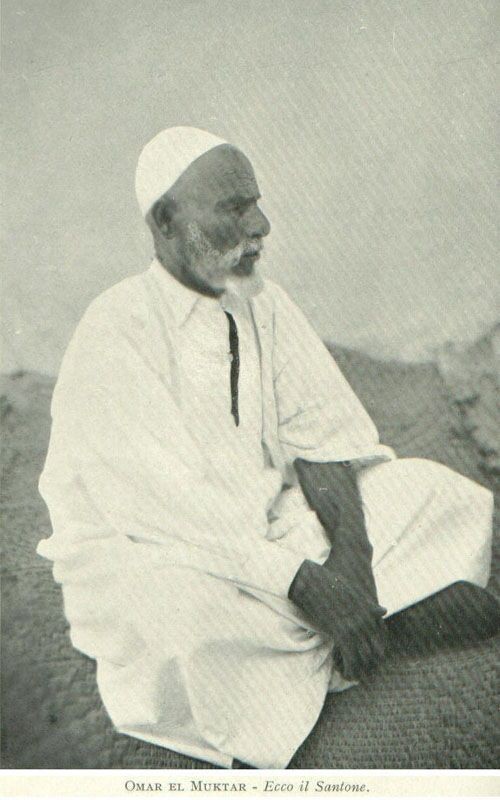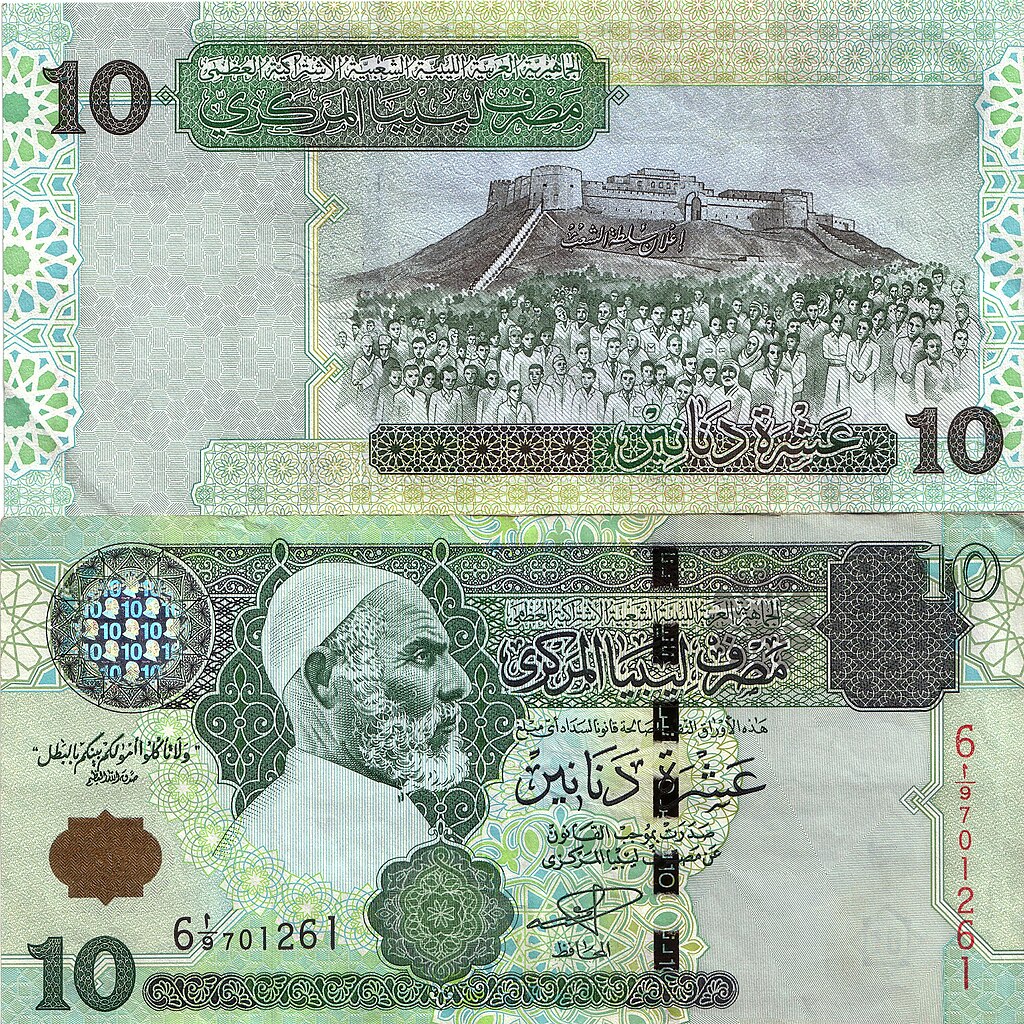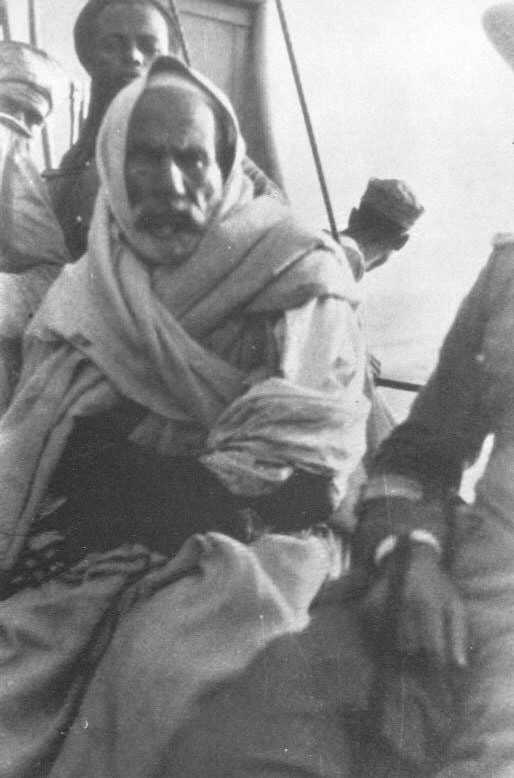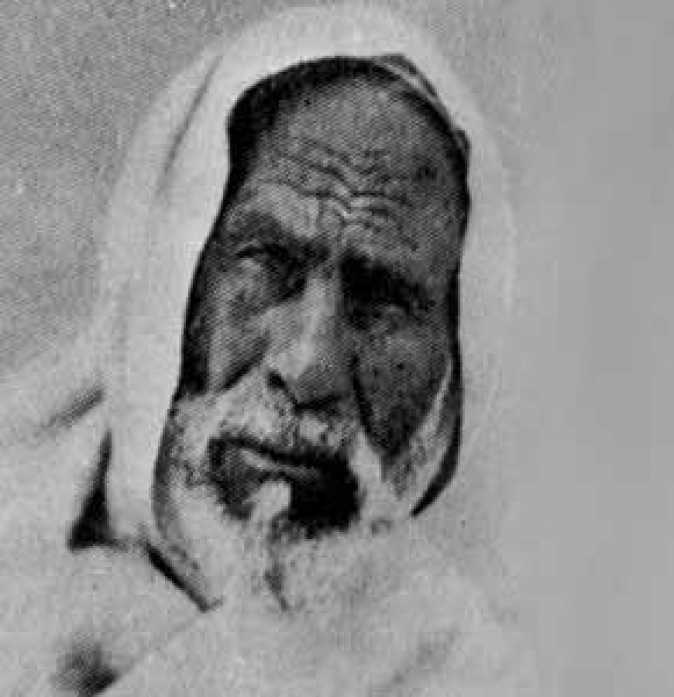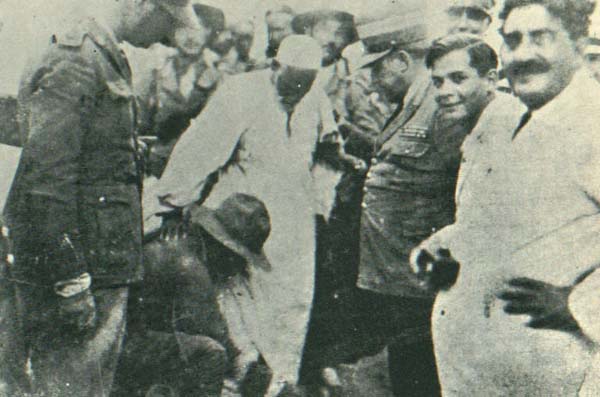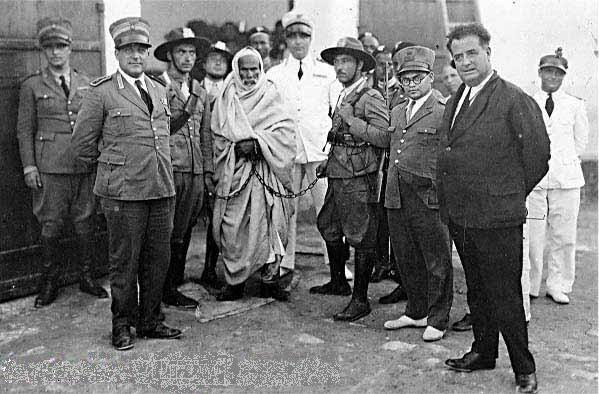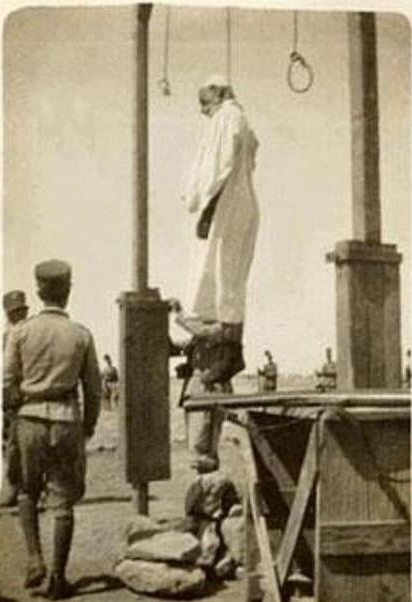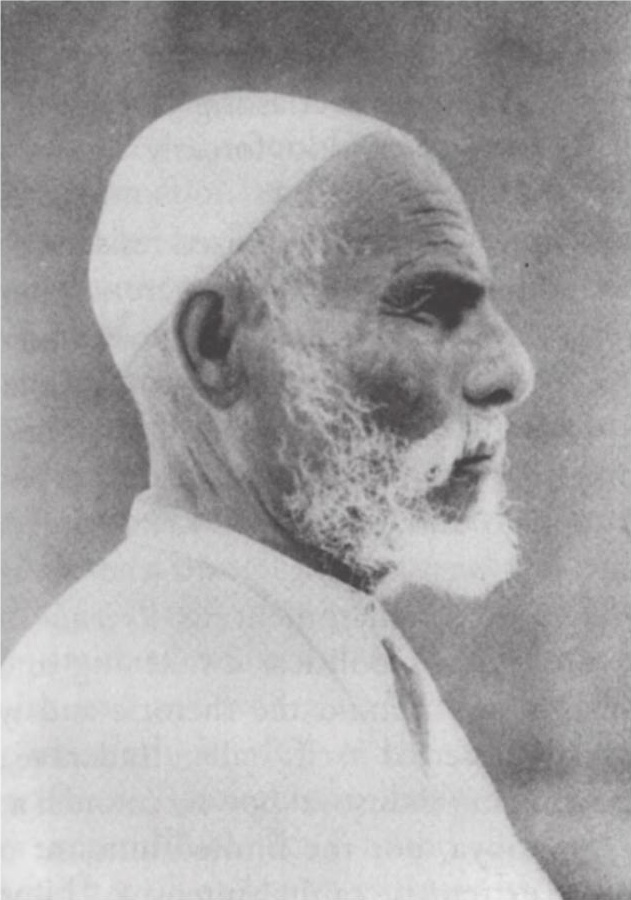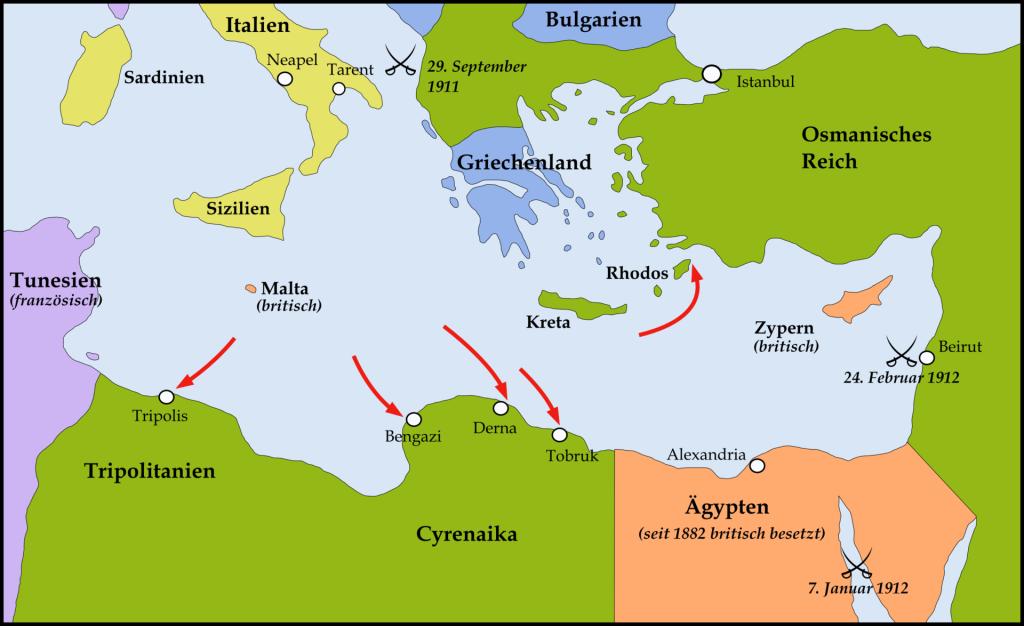Omar al-Mukhtar, known as “The Lion of the Desert,” was a Libyan revolutionary and Islamic scholar who became the face of Libya’s resistance against Italian colonization. For over two decades, he fought valiantly in the arid terrain of Cyrenaica, leading guerilla warfare operations that made him one of the most respected freedom fighters in Arab and Islamic history.
Born in 1858 and executed by hanging in 1931, Omar al-Mukhtar’s biography is not just a tale of resistance—it is a legacy of unshakable courage, religious faith, and leadership in the face of brutal oppression.
Early Life and Education
Omar al-Mukhtar was born on 20 August 1858 in the region of Zanzur near Tobruk, in what was then Ottoman Cyrenaica (modern-day Libya). He belonged to the Mnifa tribe, an Arab clan closely affiliated with the Senussi Order, a religious-political movement that held great influence in Libya and Sudan.
Orphaned at a young age, Mukhtar was raised under the guidance of Senussi religious scholars. He received early Islamic education at a local mosque and later studied for eight years at the Senussi University in Jaghbub, the spiritual center of the Senussi movement. There, he memorized the Qur’an, trained as an imam, and developed strong ideological alignment with the teachings of Sufi Islam.
Rise Within the Senussi Movement
Mukhtar’s rise was closely tied to the Senussi resistance movement, which sought to defend North African Muslim territories from foreign domination. In 1895, he accompanied Al-Mahdi Senussi on missionary and political expeditions to Kufra and Karo in Chad, eventually being appointed sheikh of Zawiyat Ayn Kalk in Western Sudan.
Later, in 1902, he was transferred back to Cyrenaica and became sheikh of Zawiyat Laqsur, a pivotal post in northern Libya. His knowledge of tribal dynamics, Islamic jurisprudence, and desert warfare made him an ideal leader as colonial pressures intensified.
The Italian Invasion and Colonial Expansion
In 1911, during the Italo-Turkish War, Italy invaded Libya, then part of the Ottoman Empire. Refusing to surrender, the Ottomans and Libyan tribal forces withdrew to the countryside. Italy’s occupation led to the proclamation of Italian Libya, which sparked decades of violent resistance across Tripolitania and Cyrenaica.
Mukhtar, then a Qur’anic teacher, transformed into a military strategist. His deep familiarity with Cyrenaica’s harsh terrain allowed him to lead guerilla raids, ambushes, and strategic sabotage missions against Italian troops, frustrating their efforts for over 20 years.
Guerrilla Warfare and Resistance Leadership
From 1923 to 1931, Omar al-Mukhtar led the Senussi tribal military, earning legendary status across the Islamic world. His fighters used unconventional warfare—striking Italian outposts and supply lines, then retreating into the desert. He was hailed not only as a freedom fighter but also as a symbol of religious resistance against European colonialism.
Despite setbacks such as the capture of Giarabub in 1926 and the encroachment of the Italian military, Mukhtar adapted his tactics. In 1929, he briefly agreed to a compromise with the Italians but resumed resistance within the same year.
Capture, Trial, and Execution
On 11 September 1931, Omar al-Mukhtar was wounded and captured by Libyan Savari troops allied with Italy near Slonta. Despite international pressure and offers to surrender, he refused.
After a military trial, Mukhtar was sentenced to death. On 16 September 1931, at the age of 73, he was publicly hanged at Soluch concentration camp in front of thousands of Libyans. The Italians hoped his execution would extinguish the resistance, but instead, it immortalized his sacrifice.
Legacy and Global Recognition
Today, Omar al-Mukhtar is revered as a national hero in Libya and a martyr in the broader Arab and Muslim worlds.
- Omar Al-Mukhtar University was founded in 1961 in his honor.
- His image appeared on the Libyan ten-dinar note for decades.
- The 1981 film Lion of the Desert, starring Anthony Quinn, depicted his final years and popularized his famous quote:
“We do not surrender. We win or we die.” - Streets bearing his name exist across cities in Kuwait, Gaza, Doha, Cairo, Tunis, and Tangier.
- In 2009, Muammar Gaddafi wore a photograph of Mukhtar during his state visit to Italy, accompanied by Mukhtar’s surviving son as a symbolic gesture.
During the 2011 Libyan Revolution, opposition forces named military brigades after him, using his image as a symbol of anti-authoritarian resistance.
Final Thoughts
Omar al-Mukhtar’s biography serves as a timeless reminder of faith-driven leadership, tactical genius, and moral conviction. His unwavering resistance to colonial occupation, even in old age, inspired generations across Africa and the Middle East.
Though he was executed in 1931, his spirit of defiance lives on in every struggle for justice, freedom, and dignity in the Global South.
Omar al-Mukhtar Gallery
